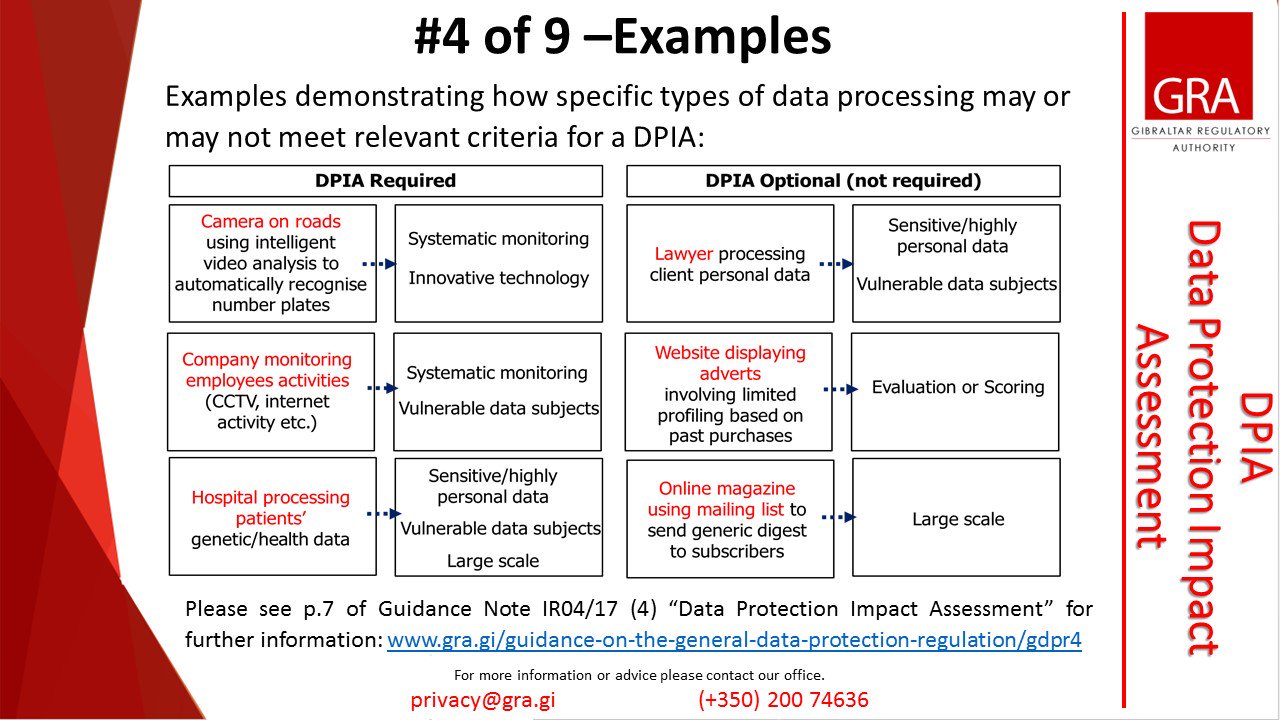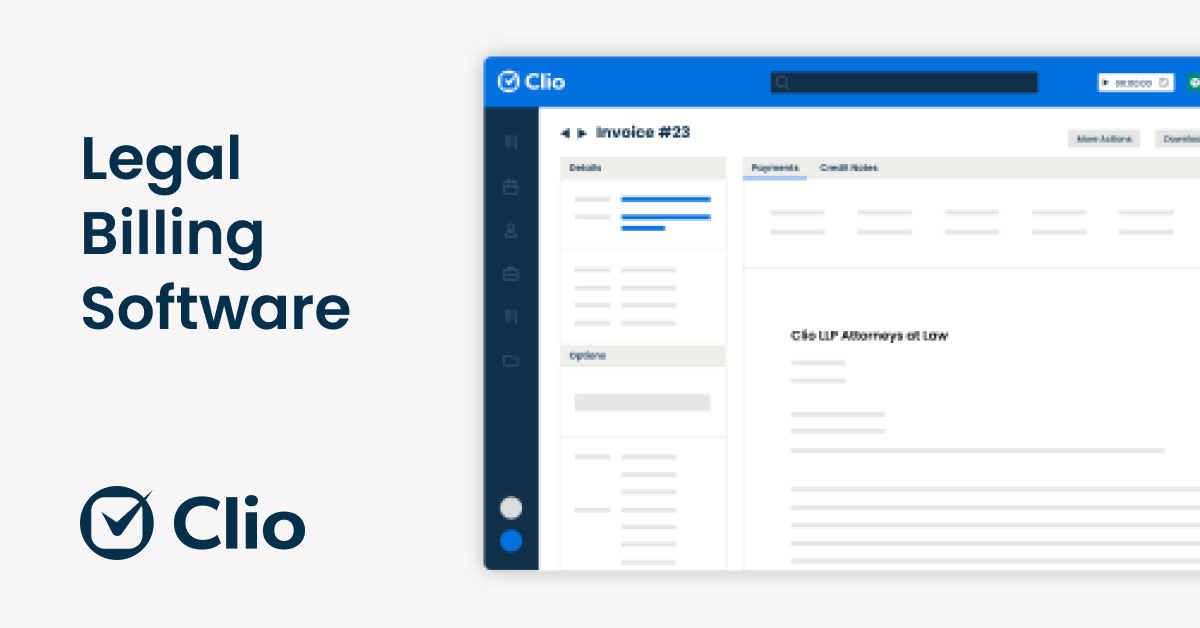
Guarding Privacy: Navigating the Impact of Privacy Assessments
In our interconnected digital world, where data is a valuable asset, safeguarding privacy has become a paramount concern. Privacy impact assessments (PIAs) play a crucial role in evaluating and mitigating the potential risks to individuals’ privacy. This article explores the significance of PIAs and the impact they have on protecting personal information.
Understanding Privacy Impact Assessments
Privacy impact assessments are systematic processes designed to identify and assess the potential privacy risks and impacts of a particular project, system, or process. These assessments help organizations ensure that they are handling personal information in compliance with privacy laws and best practices. The goal is to strike a balance between the benefits of data processing and the protection of individuals’ privacy rights.
The Scope of Privacy Impact Assessments
PIAs are not one-size-fits-all; their scope depends on the nature of the project or initiative being assessed. They are commonly employed in the development and implementation of new technologies, information systems, or data processing activities. From the introduction of a new app that collects user data to the implementation of a large-scale government database, PIAs provide a structured approach to privacy risk management.
Legal Frameworks and Regulatory Compliance
Many privacy regulations around the world require or recommend the use of privacy impact assessments. For example, the General Data Protection Regulation (GDPR) in the European Union mandates assessments for certain types of processing activities. In the United States, various sectoral laws and regulations may stipulate the need for PIAs, emphasizing the importance of aligning privacy practices with legal requirements.
Identifying Privacy Risks and Impacts
One of the primary objectives of a privacy impact assessment is to identify potential risks and impacts on individuals’ privacy. This involves a thorough examination of data collection practices, storage methods, processing activities, and potential sharing of information. By pinpointing areas of concern, organizations can proactively address privacy issues before they escalate.
Stakeholder Involvement and Transparency
A robust privacy impact assessment process includes the active involvement of stakeholders, such as individuals whose data will be processed, privacy experts, and relevant authorities. Inclusivity fosters transparency and ensures that diverse perspectives are considered when evaluating the privacy implications of a project. Transparent communication about the assessment process builds trust and demonstrates a commitment to privacy.
Mitigating Risks and Enhancing Privacy Safeguards
Once privacy risks are identified, the next crucial step is to develop strategies for risk mitigation. This may involve implementing privacy-enhancing technologies, adopting privacy by design principles, or establishing robust security measures. The ultimate aim is to enhance privacy safeguards and minimize the potential negative impacts on individuals’ personal information.
Integrating Privacy by Design Principles
Privacy by design is an approach that promotes the integration of privacy considerations into the design and development of systems, processes, and technologies from the outset. Privacy impact assessments align with this principle by ensuring that privacy is not an afterthought but an integral part of the entire lifecycle of a project. This proactive approach is instrumental in preventing privacy breaches.
Continuous Monitoring and Adaptation
The privacy landscape is dynamic, with technological advancements and evolving threats. Privacy impact assessments are not a one-time exercise but an ongoing process. Continuous monitoring allows organizations to adapt their privacy measures in response to changes in the operating environment, emerging risks, or updates to privacy regulations.
Benefits of Privacy Impact Assessments
Apart from legal compliance, privacy impact assessments offer various benefits to organizations. They provide a structured framework for accountability, demonstrating a commitment to responsible data handling. Additionally, they contribute to a positive organizational culture that values privacy and fosters trust with customers, employees, and other stakeholders.
Building a Privacy-Centric Culture
Privacy impact assessments are not just tools for compliance but catalysts for building a privacy-centric culture within organizations. When privacy considerations are embedded into decision-making processes, organizations are better positioned to navigate the complexities of data processing while respecting individuals’ privacy rights.
In conclusion, privacy impact assessments are integral to the responsible and ethical handling of personal information in the digital age. By systematically evaluating and mitigating privacy risks, organizations can not only comply with legal requirements but also build a foundation of trust with individuals. To delve deeper into privacy impact assessments and stay informed on best practices, visit Privacy impact assessments.



